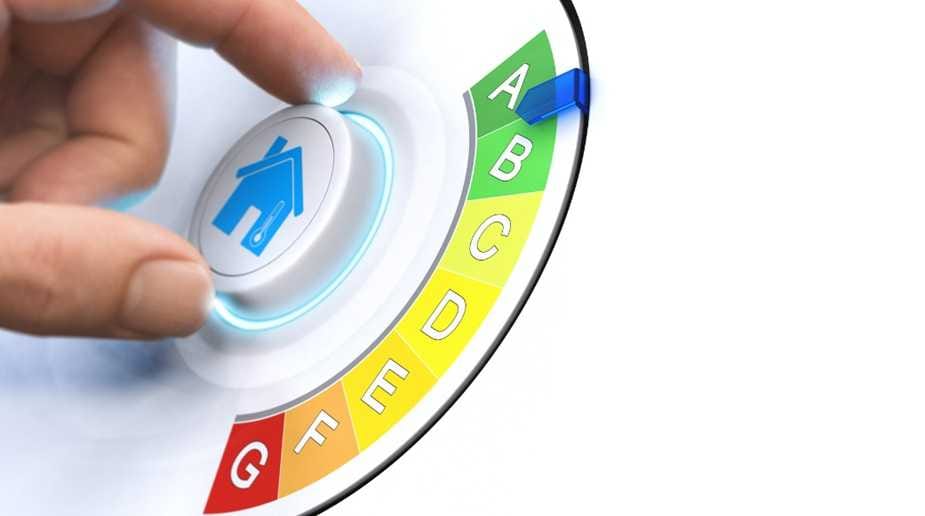
How to Improve the Energy Efficiency of Your Heating System
 Posted On
Posted On As winter draws near, keeping your home warm efficiently is crucial to managing energy costs. Homeowners using Atlanta heating systems can benefit from strategies aimed at improving energy efficiency, leading to savings and enhanced comfort.
Schedule Regular Maintenance
Consistent maintenance is one of the best ways to ensure your heating system runs efficiently. Engaging professional services can help identify issues before they become bigger problems, ensuring optimal performance throughout the winter. More insights on effective maintenance can be found in guides about heating system maintenance.
Install a Programmable Thermostat
Installing a programmable thermostat can significantly enhance your system’s efficiency. These devices allow you to automate temperature settings according to your schedule, ensuring the system operates only when necessary, thus saving energy and maintaining comfort.
Enhance Home Insulation
To prevent heat loss, proper home insulation is vital. By thoroughly insulating your home, you can retain heat more effectively, reducing the burden on your heating system. Check for and seal any gaps or leaks in doors, windows, and walls.
Ensure Ductwork is Sealed
Leaky ductwork can lead to substantial energy waste, decreasing your system’s efficiency. Inspect your ducts for leaks and seal them with appropriate materials to ensure that heat is distributed effectively throughout your home.
Regularly Replace Air Filters
Dirty air filters can restrict airflow, forcing your heating system to use more energy. Regularly checking and replacing filters is a simple yet effective approach to maintaining system efficiency. Aim to monitor filters monthly and replace them as needed.
Consider Upgrading Your System
If your heating system is outdated, exploring newer models could lead to energy savings. Modern systems are designed for efficiency, and investing in a new unit can be beneficial in the long run. Understanding the top causes of heating system failure can help determine if an upgrade is necessary.
Utilize Zoning Systems
Implementing zoning systems can improve efficiency by heating only occupied areas of your home. By controlling temperatures in different zones, you can ensure energy is used effectively where needed.
Conclusion
Boosting your heating system’s energy efficiency is advantageous for both your finances and the environment. Through regular maintenance, upgrades, and effective home insulation, you can enjoy a warm and economically efficient winter. Professional assessments will ensure your system functions optimally, providing reliable heating for many years.
Frequently Asked Questions
1. How often should air filters be replaced in heating systems?
Air filters should be checked monthly and replaced every three months or sooner if they appear dirty.
2. What benefits does a programmable thermostat offer?
Programmable thermostats help maintain consistent temperatures, reduce energy use, and lower utility costs by allowing tailored temperature settings throughout the day.
3. Why are sealing ducts important for efficiency?
Sealing ducts prevent heat loss, ensuring heated air efficiently reaches all parts of your home, reducing the system’s workload and conserving energy.



